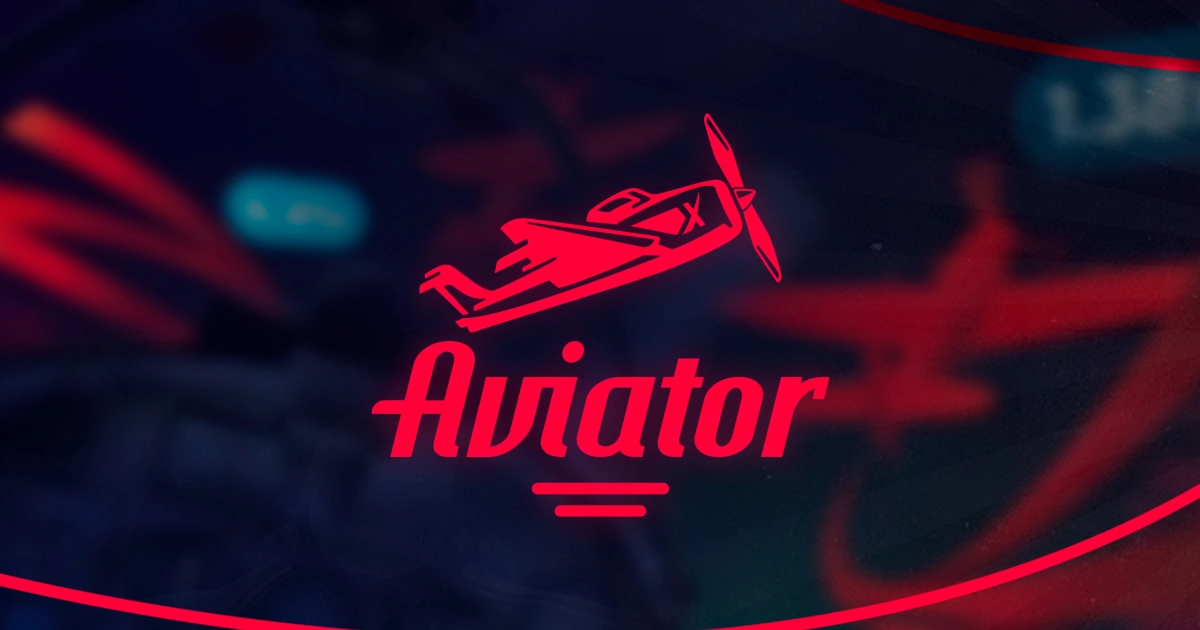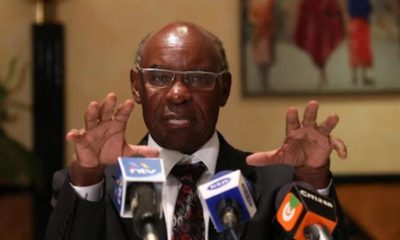News
Why Kenya Cannot Ban Aviator: Regulatory Challenges Expose Legal Limitations

Nairobi, Kenya – The Kenyan government has found itself in a regulatory bind, unable to ban the popular Aviator betting game that has become a source of national concern, with officials admitting they lack the legal authority to shut down the Warsaw-based operation.
The revelation came during a parliamentary hearing on Tuesday, where Betting Control and Licensing Board (BCLB) CEO Peter Mbugi told the National Assembly’s Finance and National Planning Committee that the government is “helpless” to deregister Aviator because the intellectual property rights are held by SPRIBE, a company domiciled in Warsaw, Poland.
Aviator has rapidly emerged as one of Kenya’s most controversial betting games, attracting millions of players with its simple yet addictive gameplay.
Unlike conventional sports betting, Aviator doesn’t require any sports knowledge or analysis.
Players simply wager on how long two virtual airplanes will fly before they crash.
The game’s instant payout system and minimal rules have made it particularly attractive to Kenyan youth.
The game’s popularity has reached alarming levels, with the addictive betting game pushing Kenyans into debt and prompting urgent calls for government intervention.
Gilgil MP Martha Wangari raised the alarm in Parliament, describing how the game has been “promoted so much in the local media to the extent that it is now stifling the livelihoods of families in both rural and urban set up.”
Legal complexities
The core issue lies in jurisdiction and intellectual property law.
Mbugi explained that the holders of the Aviator intellectual property rights is SPRIBE which is domiciled in Warsaw with offices in other locations.
This foreign domicile creates a legal barrier that prevents Kenyan authorities from directly banning the game.
The situation is further complicated by ongoing legal battles over the Aviator trademark. Aviator LLC won a $330 million trademark and copyright claim against Spribe in August 2024, with the court ruling finding copyright and trademark infringement and invalidating trademark registrations based on bad faith registration.
These intellectual property disputes add another layer of complexity to any potential regulatory action.
Despite these constraints, Kenyan authorities have not remained idle.
The BCLB has implemented several measures to control the game’s impact:
The board has issued mandatory compliance requirements for Aviator and crash games, warning that non-compliance could result in immediate suspension from local websites.
Additionally, Mbugi told the committee that “BCLB and the Communication Authority has flagged down more than 106 unauthorized gambling websites.”
The regulator has also moved to restrict gambling advertisements, requiring all gambling adverts to go through the Kenya Film Classification Board for classification. These adverts must carry warning messages stating “Gambling is Addictive! Gamble/Play responsibly.”
The financial stakes are significant.
The government has collected Sh96.7 billion from betting companies over the past seven years, with the 2023/24 financial year recording the highest taxes at Sh22.3 billion.
By January 2025, the taxman had already collected Sh14.5 billion.
To address the broader gambling crisis, the government is pursuing legislative reforms through the Gambling Control Bill 2023, currently before Parliament.
The proposed changes include dramatically increased capital requirements:
- Small-scale betting shops (Muaka) would need Sh50 million in capital
- Casinos would require Sh5 billion
- Online gambling firms and national lottery operators would need to deposit Sh200 million
These measures aim to reduce the current 236 licensed betting firms by eliminating speculative entrants and enhancing consumer protection.
The social impact has been devastating.
MPs expressed concern over numerous cases where students gamble with their school fees and parents raid their savings to participate in betting.
The committee heard testimony about families being torn apart by gambling addiction, with both rural and urban communities affected.
Leading the charge in Parliament, Gilgil MP Martha Wangari Wanjira raised the alarm over the game’s growing grip on Kenyans—describing it as a dangerously addictive platform that’s draining livelihoods across the country.
Kenya’s struggle with Aviator reflects a broader challenge facing developing nations in the digital age: how to regulate globally operated online services that impact local populations.
The game’s foreign domicile allows it to operate beyond the reach of Kenyan law while still accessing the local market through international betting platforms.
Mbugi acknowledged that the board is operating with “outdated laws enacted in 1966 to tame the betting craze in the country,” highlighting the need for modernized legislation that can address the realities of digital gambling.
While Kenya cannot directly ban Aviator, the government continues to explore indirect methods of control.
These include stricter licensing requirements for local operators, enhanced consumer protection measures, and coordinated efforts with international regulatory bodies.
The case of Aviator serves as a wake-up call for Kenya’s regulatory framework, exposing gaps in legislation that allow harmful foreign-operated gambling products to flourish in the domestic market while remaining largely beyond local legal control.
As the Gambling Control Bill 2023 progresses through Parliament, lawmakers face the challenge of crafting legislation that can effectively protect Kenyan citizens from predatory gambling practices while navigating the complex realities of international law and digital commerce.
Kenya Insights allows guest blogging, if you want to be published on Kenya’s most authoritative and accurate blog, have an expose, news TIPS, story angles, human interest stories, drop us an email on [email protected] or via Telegram
-

 News2 weeks ago
News2 weeks agoTHE FIRM IN THE DOCK: How Kaplan and Stratton Became the Most Scrutinised Law Firm in Kenya
-

 Economy2 weeks ago
Economy2 weeks agoIran Demands Arrest, Prosecution Of Kenya’s Cup of Joe Director Director Over Sh2.6 Billion Tea Fraud
-

 Grapevine1 week ago
Grapevine1 week agoA UN Director Based in Nairobi Was Deep in an Intimate Friendship With Epstein — He Even Sent Her a Sex Toy
-

 Business2 weeks ago
Business2 weeks agoKPC IPO Set To Flop Ahead Of Deadline, Here’s The Experts’ Take
-

 Politics2 weeks ago
Politics2 weeks agoPresident Ruto and Uhuru Reportedly Gets In A Heated Argument In A Closed-Door Meeting With Ethiopian PM Abiy Ahmed
-

 Investigations1 week ago
Investigations1 week agoHow Mexico Drug Lord’s Girlfriend Gave Him Away
-

 Business2 weeks ago
Business2 weeks agoSafaricom Faces Avalanche of Lawsuits Over Data Privacy as Acquitted Student Demands Sh200mn Compensation in 48 Hours
-

 Investigations1 week ago
Investigations1 week agoHow Close Ruto Allies Make Billions From Affordable Housing Deals





























